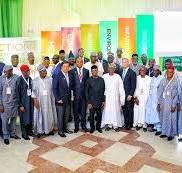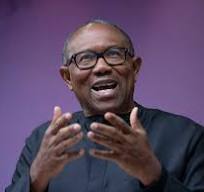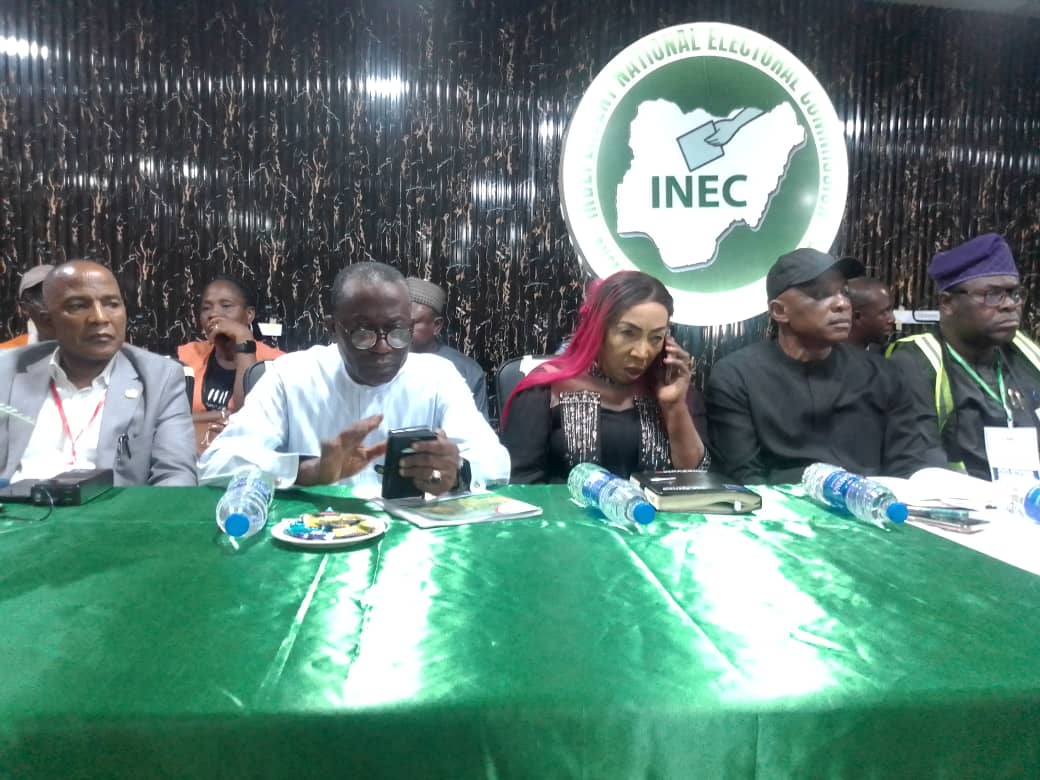Human rights lawyer and lead counsel to the Indigenous People of Biafra (IPOB), Ifeanyi Ejiofor, has said that the 2017 proscription of the globally peaceful Biafran movement marked the beginning of an enduring cycle of mistrust, violence, and alienation in Nigeria’s South East.
Ejiofor made the remarks in his Saturday reflection titled “Boko Haram: An Invented Name and the Unlearned Lessons of History.”
He argued that rather than addressing the root causes of agitation, the Federal Government’s indiscriminate suppression of dissent created fertile ground for chaos and opportunistic violence.
“The tragic outcome has been the emergence of new, dangerous actors who have distorted the original movement into criminal opportunism,” Ejiofor wrote.
“These individuals neither uphold the ideals nor the moral compass of the initial peaceful struggle. They are products of the vacuum left by the absence of meaningful engagement.”
According to him, Nigeria’s history repeatedly demonstrates that conflicts are not resolved through the force of arms but through understanding, empathy, and inclusive dialogue.
Reflecting on Lessons from Boko Haram
Ejiofor’s piece was inspired by a public event in Abuja on Friday, which marked the 60th birthday of former Chief of Defence Staff, General Lucky Irabor (Rtd), and the presentation of his new book.
The gathering, attended by former presidents, top military officers, diplomats, and religious leaders, offered a platform for introspection on Nigeria’s long struggle with insecurity and disunity.
One of the highlights of the ceremony was a thought-provoking review delivered by Bishop Matthew Hassan Kukah, the Catholic Bishop of Sokoto Diocese.
Bishop Kukah questioned the very origin of the term “Boko Haram,” describing it as an “invented name” that evolved into a weapon of fear and manipulation.
He noted that most of those drawn into the insurgency were not ideologically driven but victims of manipulation, poverty, and desperation.
“The label ‘Boko Haram’ became more than a name; it became a symbol of fear and a psychological weapon,” Kukah said, emphasizing how such labels can distort national understanding and response to crises.
Government’s missed opportunity
Ejiofor juxtaposed Kukah’s insights with Nigeria’s handling of the peaceful pro-Biafra demonstrations between 2015 and 2017.
During that period, he recalled, thousands of young men and women in the South East took to the streets, peacefully demanding justice and equity in Nigeria’s political structure.
“Rather than open channels of dialogue,” he said, “the state resorted to heavy-handed tactics that left deep scars on the collective psyche of a people.”
The lawyer recalled that the government’s decision to proscribe IPOB in 2017—a move executed “under a cloud of midnight urgency”—transformed what was once a non-violent movement into a fragmented struggle tainted by violence and criminality.
Ejiofor lamented that the failure to distinguish between legitimate agitators and criminal opportunists has worsened insecurity in the region.
“When a movement is delegitimized without addressing its core grievances, it creates a vacuum,” he said. “And in that vacuum, violence finds a home.”
Calls for courage and dialogue
Ejiofor urged the Federal Government to find the courage to revisit dialogue as a pathway to peace. According to him, rebuilding trust in the South East requires honest engagement with genuine stakeholders rather than blanket condemnation.
“It is never too late to return to the table,” he emphasized. “The government must re-engage, sift the wheat from the chaff, distinguish genuine aspirations from criminality, and restore trust where disillusionment now reigns.”
Drawing from former President Goodluck Jonathan’s remarks at the same event, Ejiofor noted that Jonathan’s approach to the Niger Delta militancy—based on dialogue and reintegration—proved far more effective than brute force.
Jonathan had recalled how his administration initiated direct engagement that led to disarmament and peace in the region, contrasting it with the failed militarization of other crises.
Beyond labels and fear
Ejiofor concluded that Nigeria’s peace and unity depend on the nation’s ability to see beyond stigmatizing labels such as “terrorists,” “agitators,” or “secessionists.”
The Human Rights lawyer warned that names and narratives, when mishandled, can become dangerous tools of division.
“No nation ever silenced a cry for justice through the barrel of a gun,” he wrote. “Sustainable peace comes only through empathy, dialogue, and the deliberate effort to separate genuine grievances from opportunism.”
He urged Nigeria’s leaders to rise above political convenience and invest in understanding the roots of unrest rather than its symptoms.
“A nation that refuses to talk to its children,” Ejiofor warned in conclusion, “will one day be compelled to negotiate with their ghosts.”




